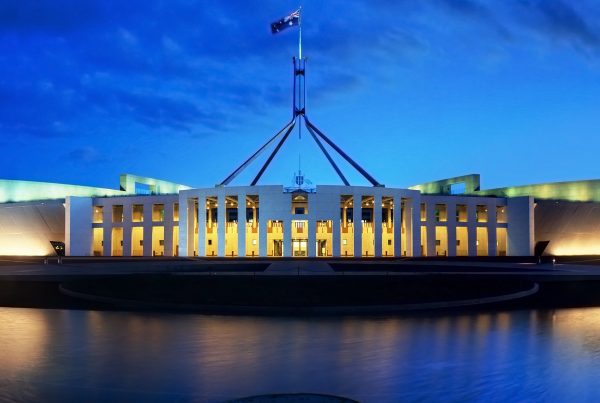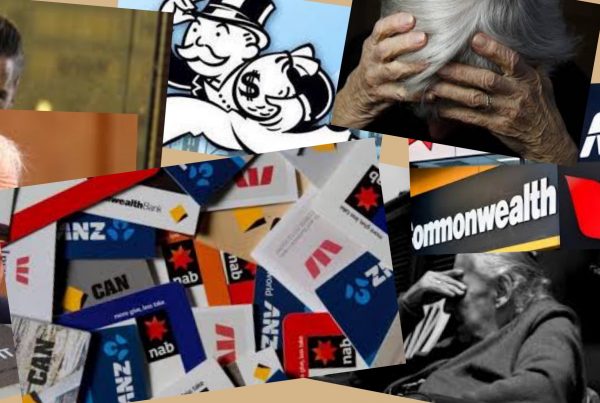It’s pretty clear that we are now entering a painful period for many people, mainly women but also men (scoundrels, yes, but good men too) – the sex abuse and harassment allegations will now accelerate at extraordinary pace via media and social media.
The Harvey Weinstein revelations demonstrated how difficult it has been for victims, even powerful and confident women, to come forward. That will change now as more are emboldened to come forward from a variety of organisations.
This will also be confronting for high-quality leaders within organisations, who have good values, and discover their corporate culture is wanting. At Channel Nine, in Australia, so many of us heard the rumours about Don Burke and did nothing, thoughtlessly leaving it to the executive-suite.
Tolerance for organisations, which have a history of abuse, will increasingly evaporate. What started with the Catholic Church and others, concealing the truth and mistreating people who came forward with allegations of abuse, has spread to politics and entertainment and will continue to the more hidden sectors such as mining and infrastructure.
In Australia, the Royal Commission into Institutional Responses to Child Sex Abuse exposed deficiencies in numerous organisations, and set a new benchmark for leaders’ responses.
Immediate Responsiveness
The public is well aware of the appropriate protocols around allegations of sexual abuse:
- Stand-down a person who is the subject of an allegation, immediately.
- Immediately investigate the allegations internally (external investigator?).
- Offer access to support for people who believe they are victims of abuse (and their families?).
With disability organisations (where abuse is an issue) and other care-organisations, the government authorities and often the police are contacted at a very early stage. If you believe a crime has been committed, it needs to be reported.
The Internal Investigation
In large companies, religious organisations and other sizeable NGOs, an independent investigation is important. It can not only get to the truth, but, if justified, punish the villain and enable appropriate action including reparation for victims. An investigation can also demonstrate to everyone that the leaders are treating the allegations with the seriousness that society now demands.
We need to make it abundantly clear that we require the investigators to be fiercely independent – perhaps a retired senior barrister or judge.
A lot can be learnt on the desired framing of investigation from the Terms of Reference (ToR) of the Australian Royal Commission into Institutional Responses to Child Sexual Abuse, and surrounding commentary.
We can require the investigation to:
- Not only be genuinely independent but be seen to be independent, but
- Require the inquiry to begin as soon as practicable, and
- Require it reach findings as expeditiously as possible.
Once that is understood, we can determine the framework for the conduct of the inquiry:
- It will be independent.
- Anyone with evidence of emotional or sexual misconduct will be encouraged to come forward.
- Evidence to be taken in complete confidence, by a panel including professionals in sexual and emotional trauma.
- The investigator(s) will be required to assess the level of any alleged misconduct, including prima facie criminal conduct.
- Relevant excerpts of the report will be made public.
As a preface to the inquiry, we can publicly acknowledge:
- The seriousness of the allegations.
- The long-term damage that can occur to people who believe they have been sexually and emotionally abused.
- That the person who has made the allegation may represent the ‘tip of an iceberg.’
- That people may be extremely reluctant to come forward and we need to provide the least stressful pathway for people to give evidence – in confidence, evidence taken by a panel including people who are experts in sexual and emotional trauma, access to counselling, etc.
The inquiry findings can make recommendations on:
- What actions the organisation should undertake as a response to the inquiry: in relation to supporting the people who make allegations, and in relation to the accused.
- What the organisation should do to better protect against physical, emotional and sexual abuse in the future.
- What the organisation should do to achieve best practice in encouraging the reporting of, and responding to information about, allegations, incidents or risks of sexual and emotional abuse.
- What should be done to eliminate or reduce impediments that currently exist for responding appropriately to emotional and sexual abuse, including addressing failures in reporting, investigating and responding to allegations and incidents of abuse.
- What the organisation should do to address, or alleviate the impact of, past and future emotional and sexual abuse including, in particular, in ensuring justice for victims including support services, and referrals for prosecution.
(Ref: some of the above is taken from the ToR of the Royal Commission)
Note: My opinion is given as a former journalist of 30 years, which included investigating many harassment allegations, including sexual abuse, and since then as a crisis PR professional with 15 years’ experience advising on allegations of bullying and sexual abuse within religious organisations, within not-for-profit organisations caring for people with a disability and the aged, and within large companies. This included attending the Royal Commission with one client and advising another.
Peter Wilkinson 0414383433
[email protected]





